Hair Fall and Hair Loss Treatment
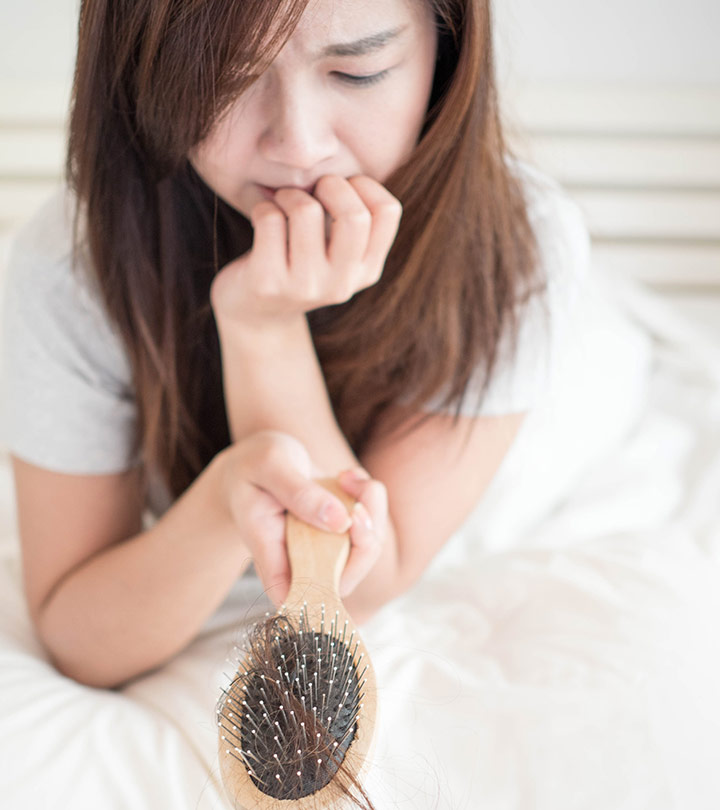
- Hair loss treatment encompassing a wide range of options, including medications like minoxidil which are commonly used to slow down hair loss and promote regrowth. In more advanced cases of hair loss, surgical procedures such as hair transplantation or scalp reduction may be considered to restore a fuller head of hair.
- Dandruff treatment often begins with the use of medicated anti-dandruff shampoos containing ingredients like zinc pyrithione,selenium sulfide, or coal tar. It may be advisable to consult a dermatologist who can assess the condition and prescribe stronger medicated shampoos, topical treatments, or oral medications
- Scalp psoriasis is a chronic skin condition characterized by red, scaly patches on the scalp. Topical treatm ents, such as corticosteroid creams or ointments, are commonly prescribed to reduce inflammation and control the scaling and itching associated with scalp psoriasis. It is important to consult a dermatologist for a proper diagnosis and personalized treatment plan for scalp psoriasis.
- Hair transplant is a surgical procedure performed to address hair loss or baldness. It involves taking hair follicles from a donor area, typically the back or sides of the head, and transplanting them into areas experiencing hair loss or thinning. It's important to note that hair transplant is not suitable for everyone and requires careful evaluation by a qualified hair transplant surgeon
Causes of Hair Loss and Baldness
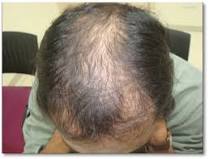
Hereditary Hair Loss
Both men and women develop this type of hair loss, which is the most common cause of hair loss worldwide. In men, it’s called male pattern hair loss. Women get female pattern hair loss. Regardless of whether it develops in a man or women, the medical term is androgenic alopecia. No matter which term you use, it means that you’ve inherited genes that cause your hair follicles (what each hair grows out of) to shrink and eventually stop growing hair. Shrinking can begin as early as your teens, but it usually starts later in life. In women, the first noticeable sign of hereditary hair loss is usually overall thinning or a widening part. When a man has hereditary hair loss, the first sign is often a receding hairline or bald spot at the top of his head.Is regrowth possible?
Yes, treatment can help stop or slow hair loss. It may also help regrow hair. The earlier treatment is started, the better it works. Without treatment, you will continue to lose hair.
Hormonal Changes
Excess androgens, or male sex hormones, and hormonal imbalances are the most common cause of hair loss such as androgenetic alopecia. In female-pattern baldness, androgens can cause weak hair follicles, also leading to excess shedding. Male pattern baldness, on the other hand, is related to an increase in an androgen called dihydrotestosterone (DHT).
Thyroid Problems
Either an underactive thyroid (a medical condition called hypothyroidism), or an overactive thyroid (hyperthyroidism), can result in hair loss because each condition causes a hormonal imbalance. Autoimmune diseases of the thyroid gland, such as Hashimoto’s thyroiditis and Graves’ disease may also contribute to hair loss.
Pregnancy
Other hormonal imbalances can also lead to hair loss, especially the wildly fluctuating hormones that happen following pregnancy and childbirth. Postpartum hair loss is common and affects 40 to 50 percent of women who have recently given birth. Estrogen levels skyrocket during pregnancy, which can temporarily alter your hair growth cycles. During this time, you’re likely to experience less hair loss than normal.
Age
With age, most people notice some hair loss because hair growth slows. At some point, hair follicles stop growing hair, which causes the hair on our scalp to thin. Hair also starts to lose its color. A woman’s hairline naturally starts to recede.Is regrowth possible?
Caught early, treatment helps some people regrow their hair.
Cancer treatment
If you receive chemotherapy or have radiation treatment to your head or neck, you may lose all (or most of) your hair within a few weeks of starting treatment.Is regrowth possible?
Hair usually starts to regrow within months of finishing chemotherapy or radiation treatments to the head or neck. Dermatologists can offer medication to help hair grow back more quickly.Is it preventable?
Wearing a cooling cap before, during, and after each chemotherapy session may help prevent hair loss.
Medications
Medications for blood pressure, depression and heart problems have hair loss as a common side effect. Radiation and chemotherapy that is needed to treat cancer has hair loss as one of the major side effects. A possible side effect of some medications is hair loss. If you think a medication is causing your hair loss, ask the doctor who prescribed it if hair loss is a possible side effect. It’s essential that you do not stop taking the medication before talking with your doctor. Abruptly stopping some medications can cause serious health problems.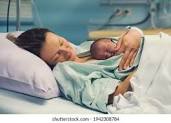
Childbirth, illness, or other stressors
A few months after giving birth, recovering from an illness, or having an operation, you may notice a lot more hairs in your brush or on your pillow. This can also happen after a stressful time in your life, such as a divorce or death of a loved one.Is regrowth possible?
If the stress stops, your body will readjust and the excessive shedding will stop. When the shedding stops, most people see their hair regain its normal fullness within 6 to 9 months.
Stress
Both emotional and physical stress might also lead to extreme hair loss. However, this type of hair loss is temporary and hair often grows back.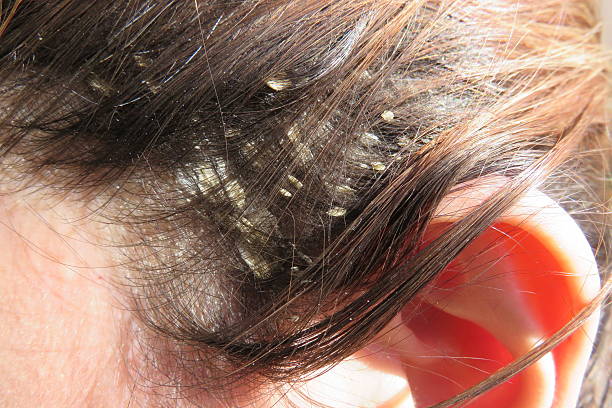
Scalp infection
A scalp infection can lead to scaly and sometimes inflamed areas on your scalp. You may see what look like small black dots on your scalp. These are actually stubs of hair. Some people develop a bald spot.Is regrowth possible?
Yes, treatment can get rid of the infection. Once the infection clears, hair tends to grow.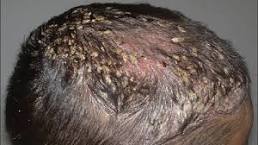
Scalp psoriasis
Many people who have plaque psoriasis develop psoriasis on their scalp at some point. This can lead to hair loss.Is regrowth possible?
Hair tends to regrow once the scalp psoriasis clears, but this takes time. By following these dermatologists’ tips, you may be able to prevent hair loss.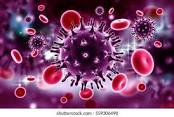
Sexually transmitted infection
Left untreated, a sexually transmitted infection (STI) can lead to hair loss. Syphilis is such an STI. Left untreted, syphilis can cause patchy hair loss on the scalp, eyebrows, beard, and elsewhere. Other STIs can also cause hair loss.Is regrowth possible?
After treating the STI, hair often starts to regrow.Hair fall treatment - best medicine for Hair fall and regrowth female
Hair transplant
In some cases where the person does not respond well to treatments, doctors may recommend hair transplantationTrusted Source. This involves taking small pieces of the scalp and adding them to the areas of baldness to increase the hair in the area naturally. Hair transplant therapy can be more costly than other treatments and is not suitable for everybody.
Laser Therapy
Low level lasers might help people who suffer from hereditary hair loss and hair loss due to chemotherapy or radiationSupplements
Vitamins, selenium and zinc are some of the important components that help with hair growth and also reduces hair fall.Diet
A healthy diet with lots of raw vegetables and fresh herbs might help reduce the effect of hair loss .Consuming foods like parsley and basil thrice a week might help in reducing hair loss.Contact us today to schedule an appointment and learn more about our effective hair treatments in Pune. Achieve healthy, beautiful hair with Dermasolutions.






